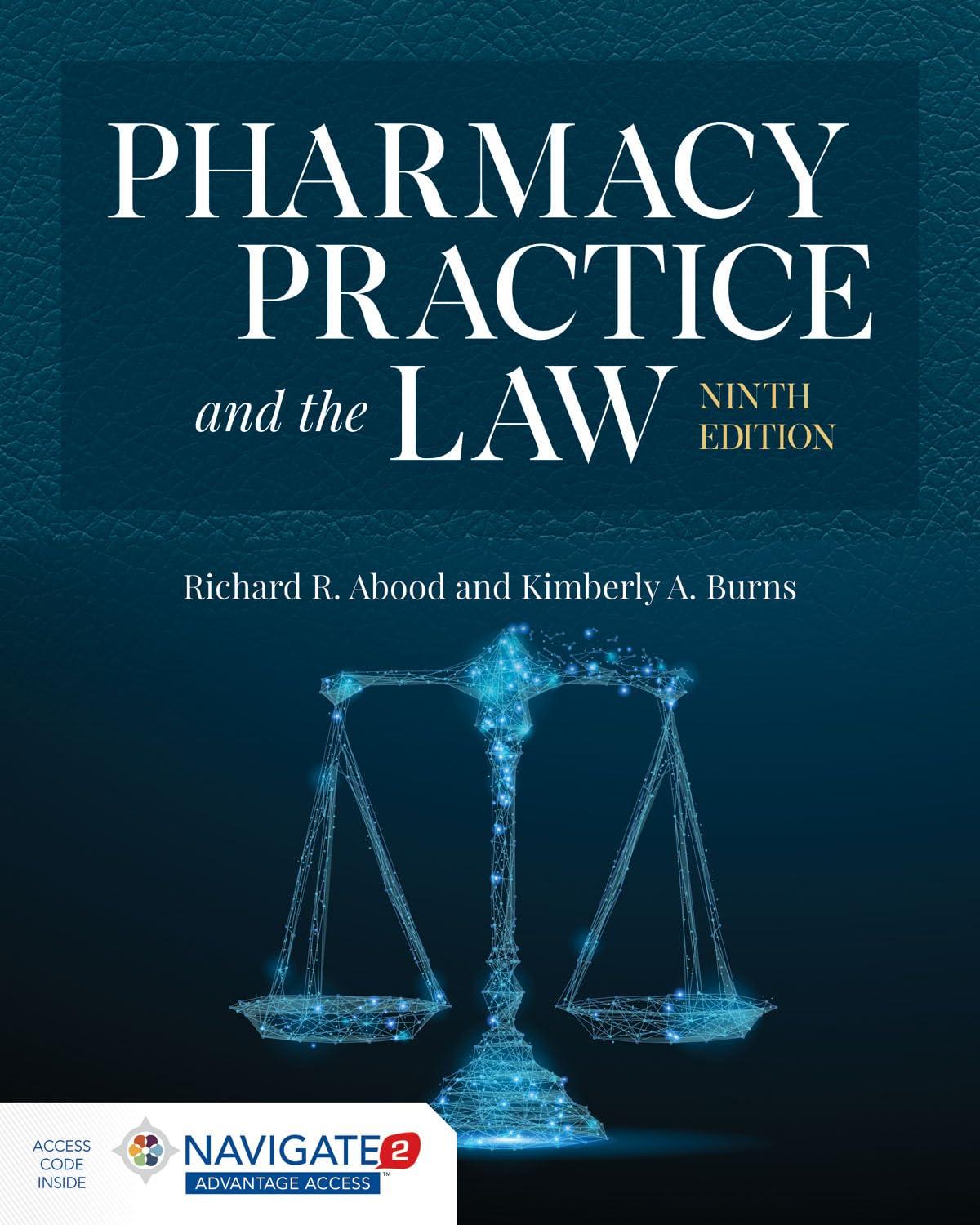Medical boards have the authority to regulate the practice of medicine, in part through rulemaking. Technically speaking,
Question:
Medical boards have the authority to regulate the practice of medicine, in part through rulemaking. Technically speaking, administrative agencies cannot make new law through rulemaking. Rather, regulations must be based on a statute that grants the agency the authority to regulate that particular subject. Regulations then often are enacted to explain or add details to a law. Sometimes, however, it is difficult to tell whether the agency is acting pursuant to statute or indeed making law. Often, courts give administrative agencies a fair amount of discretion when the means are necessary to achieve a governmental objective. In this case, the medical board has issued a regulation that would prevent prescribers from exercising individual professional judgment with respect to treating patients for weight loss with amphetamines. This use is permitted under both the FDCA and the CSA. As you read this case, consider the following:
Has the board exceeded the scope of its authority with this regulation?
In other words, does the statute cited by the court as authority for the regulation really grant the board this authority?
Does the regulation conflict with federal law?
Has the board gone too far in its proscription? On the basis of this decision, could a state board enact a regulation making amphetamines schedule I?
On the basis of this decision, could a state board determine that schedule II opioids cannot be used to treat nonchronic pain?
Step by Step Answer:

Pharmacy Practice And The Law
ISBN: 9781284154979
9th Edition
Authors: Richard R. Abood, Kimberly A. Burns





